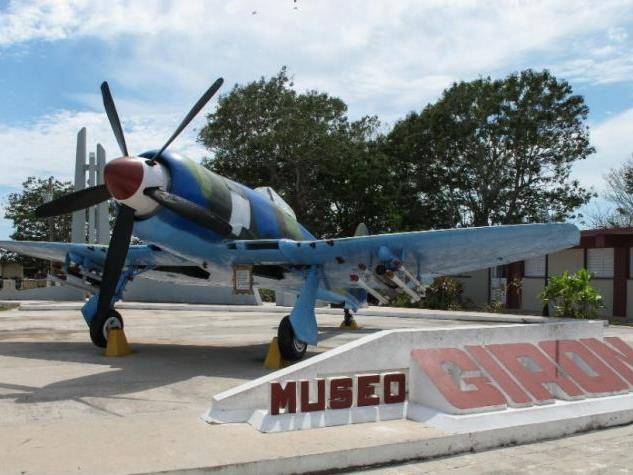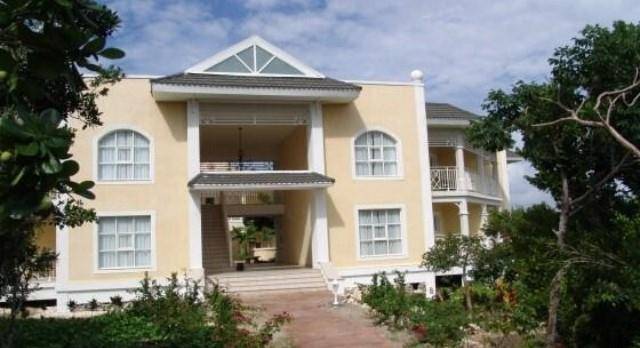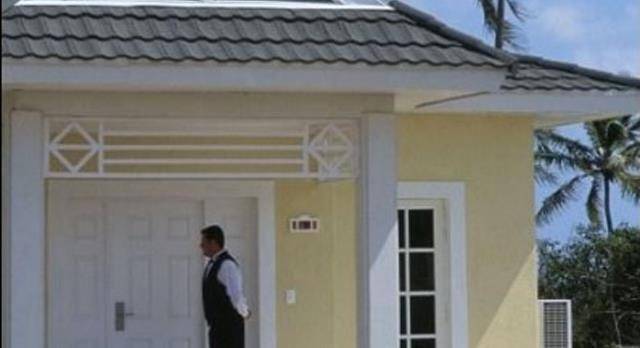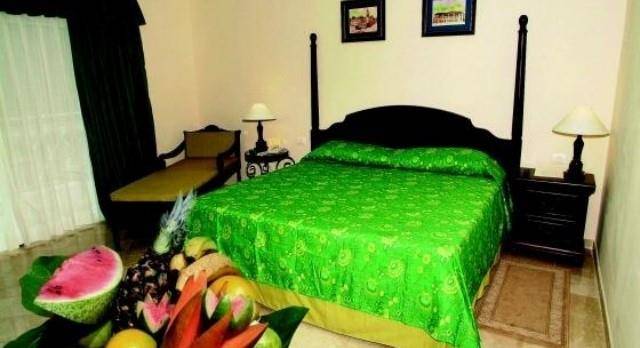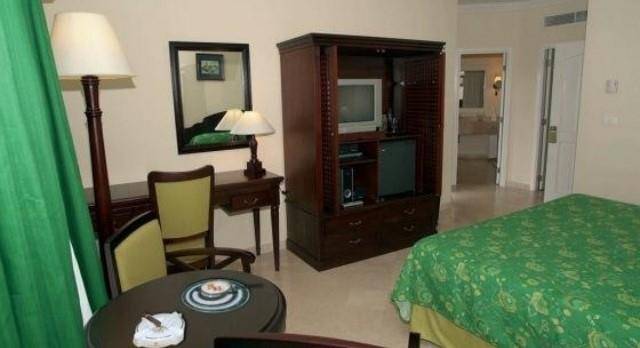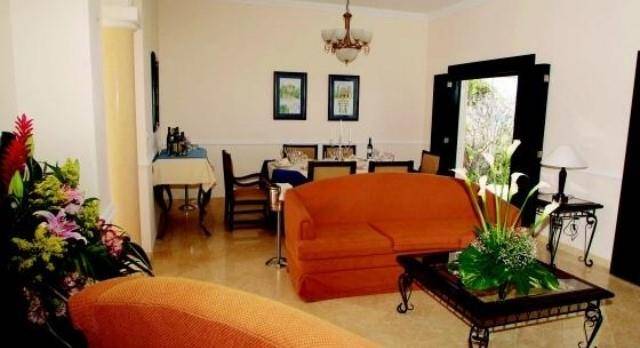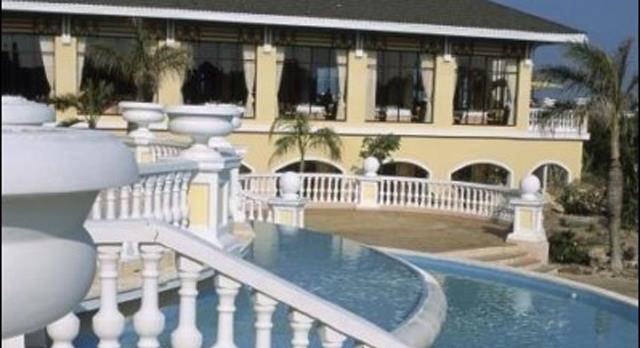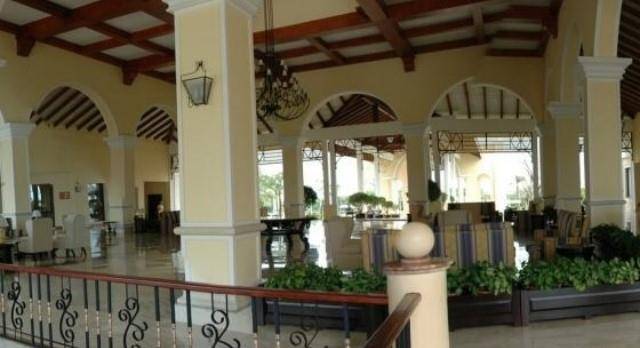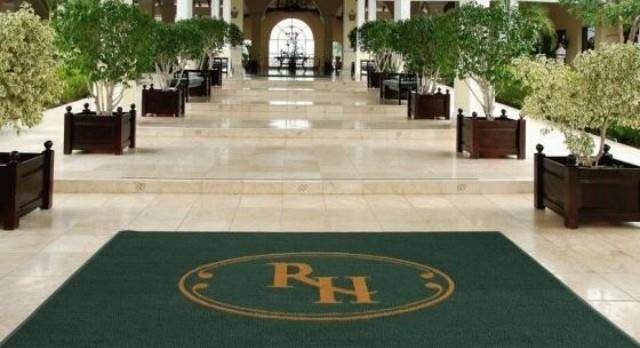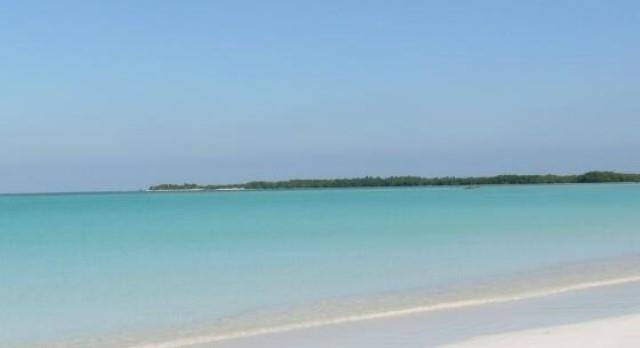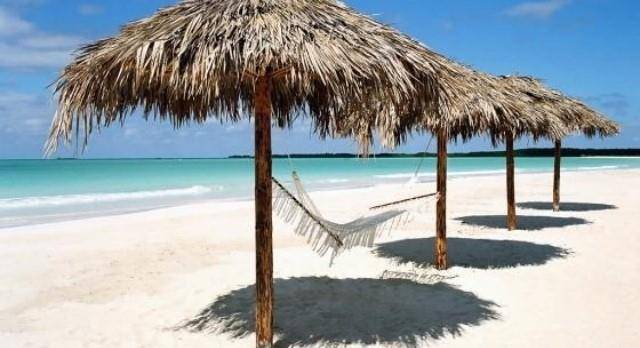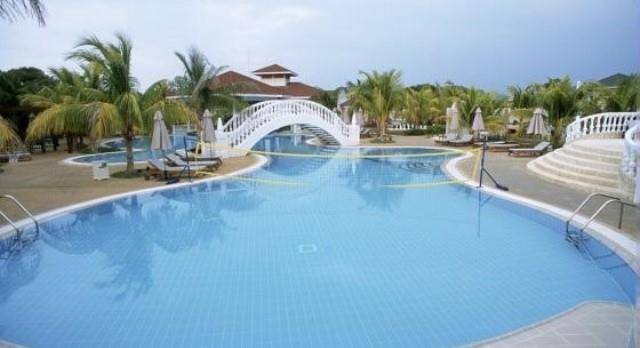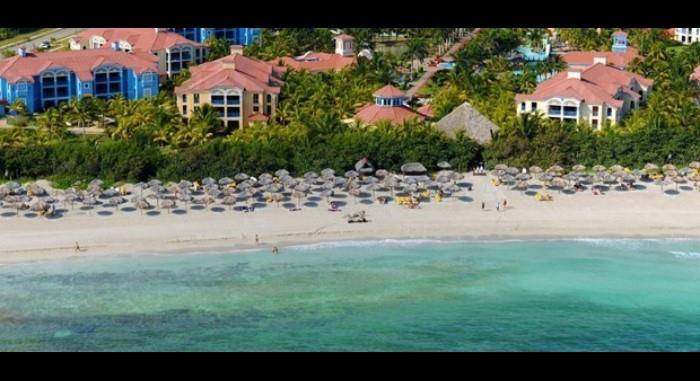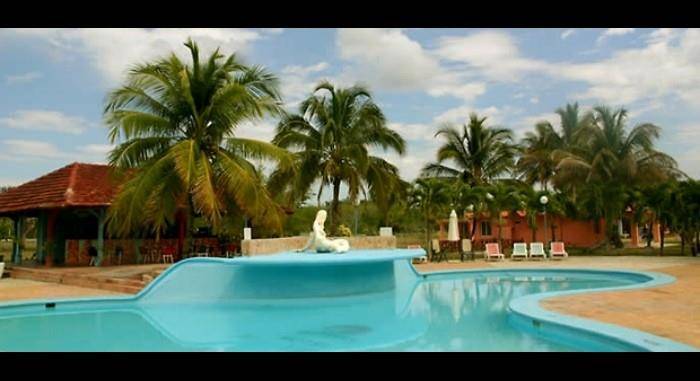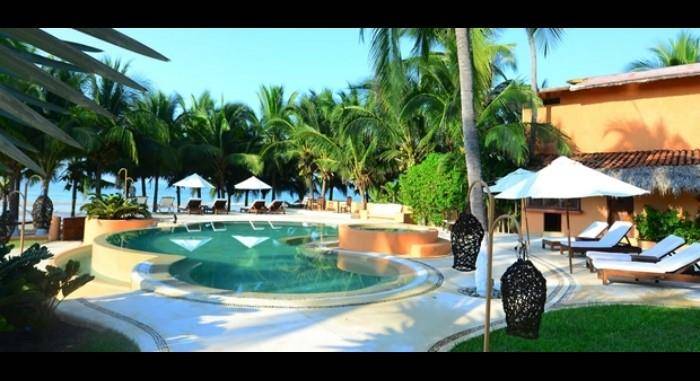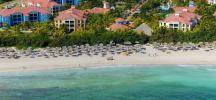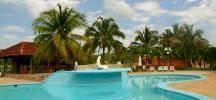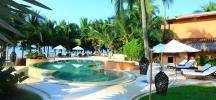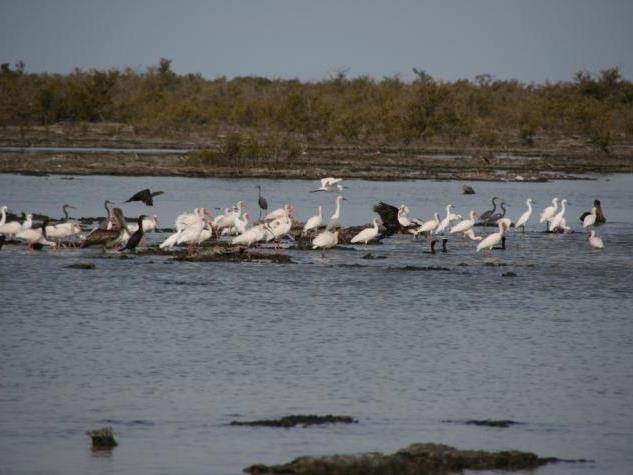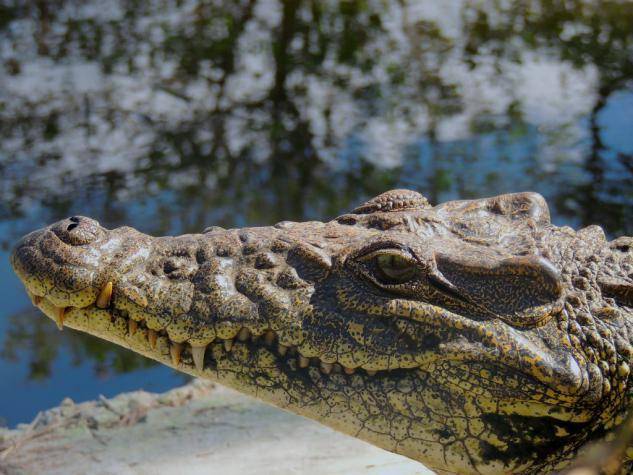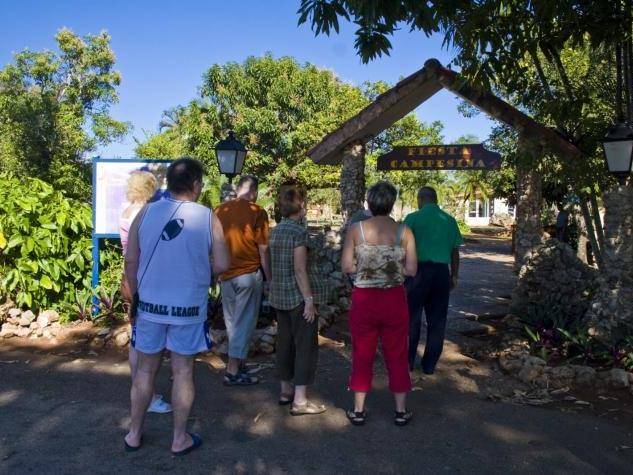About
Playa Larga
Playa Larga is a budget hotel on a pretty beach which will particularly suit bird-watchers, military enthusiasts & those who enjoy diving & snorkelling.
Playa Larga is a good choice for anyone wanting an inexpensive base in this relatively remote area. The austere bungalows are brightly painted, maintenance problems are swiftly addressed & the standard of food & service actually belies the hotel’s 2-star rating. In short, don’t believe the hype.
Playa Larga’s reception & restaurant are right on the beach so you can step outside to picturesque views & a cool ocean breeze. The beach is small but never feels crowded while the hotel buildings are nicely spaced out around well maintained gardens. The standard of food is more than adequate though the restaurant menu is limited. There is also a snack bar & bars at the lobby, pool & beach, with more bars & restaurants in the nearby town of Playa Larga.
In addition to the hotel’s swimming pool there are organised activities such as hiking, bird-watching & volleyball on the beach. The area is also ideal for snorkelling & scuba diving with particularly memorable cave diving. Playa Larga hotel sits at one end of the Bay of Pigs & there are dozens of reminders of the famous action & a museum along the coast in Playa Giron. However, Playa Larga is arguably most popular with bird watchers exploring the Zapata national park.
Hotel Playa Larga has so many places of interest on its doorstep &, with limited facilities, is likely to attract only those looking to use it as a base for exploring them. But this is a good, inexpensive 2-star option which is surprisingly comfortable & has great access to the area’s attractions.
